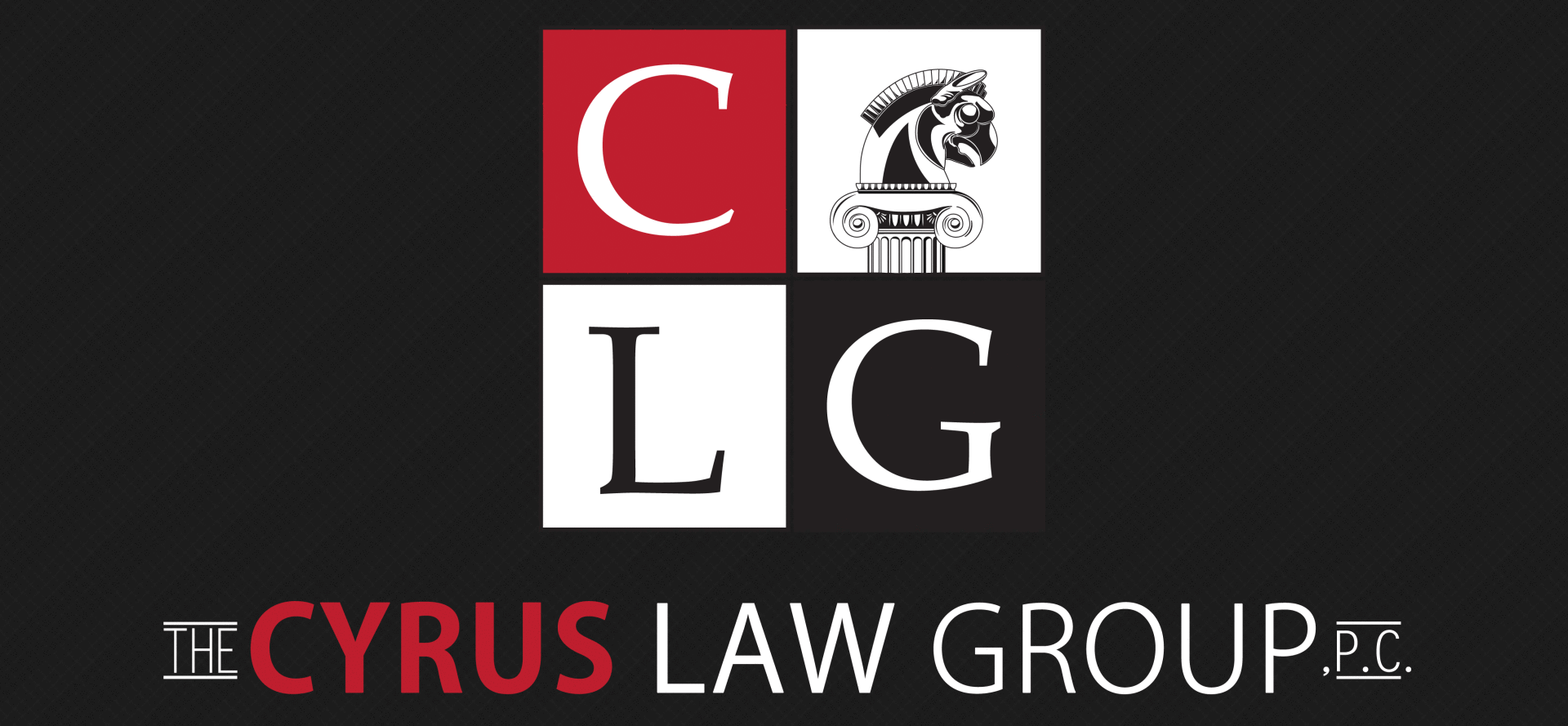Last week pop music fans around the country got passionate about contract law. It’s an unusual occurrence prompted by the case of Kesha Rose Sebert against her producer Lukasz Gottwald. Kesha is seeking an injunction, or a court order, relieving her of her contractual obligations on the basis of sexual and psychological abuse by Gottwald, known as Dr. Luke.
On Friday afternoon, a judge in New York denied the request for an injunction and #FreeKesha was trending nationally as fans demanded that she be released from the prison of her deal. Then Taylor Swift donated a quarter million dollars for Kesha’s legal troubles and other pop stars opined widely on the matter. Let’s take a look at the relief Kesha seeks. What is an injunction and what does the denial mean for Kesha?
Injunction Defined
An injunction is a kind of relief that people seek from courts in addition to or instead of monetary damages. It is a request that an action be taken or not taken, basically a court order dictating an approach to a particular problem.
There are all kinds of injunctions that arise in numerous different contexts. For example, when someone seeks a restraining order, requesting that another person keep a particular distance and it is issued, that order is a kind of injunction.
Similarly, in copyright infringement suits a plaintiff may request monetary damages for non-licensed use of their intellectual property, as well as an injunction barring the use from continuing in the future. Even states can be barred from acting with an injunction — say a law is passed in a state and is successfully challenged in federal court, the federal court can enjoin the state from enforcing the new law. In other words, the court orders the state not to act.
Kesha’s Case
Kesha is seeking an injunction, or an order, stating that she is not obligated by her contract with Dr. Luke. But as Bloomberg Business points out, Kesha’s contract involves more than just her and Dr. Luke — it also involves Sony and other parties.
The judge did not see freeing Kesha as a simple matter. She expressed concern that granting relief would lead to a slew of requests by artists to be released from the obligations of heavily negotiated contracts like Kesha’s. In other words, she’s worried about setting bad precedent.
Given the absence of evidence that the pop star was sexually or emotionally abused, the judge said, relief wasn’t warranted. But the judge did say that Kesha can record with someone other than Dr. Luke under the terms of the contract, meaning she is, in a sense, already free.
While the pop star’s attorney argued that this is illusory, and that Dr. Luke’s approval will be required. Whether or not that’s true, Dr. Luke seemed satisfied with this answer, issuing a statement through his attorney that the court “found that Kesha is already ‘free’ to record and release music without working with Dr. Luke as a producer. Any claim that she isn’t ‘free’ is a myth.”
Follow FindLaw for Consumers on Facebook and Twitter (@FindLawConsumer).
Related Resources:
- Kesha, Dr. Luke’s Lawsit, and the Chicken-Sticker Process Server (FindLaw’s Celebrity Justice)
- Kesha Claims Former Manager anUnlicensed Agent (FindLaw’s Celebrity Justice)
- Pop Star Kesha Faces Breach of Contract Lawsuit (FindLaw’s Celebrity Justice)
